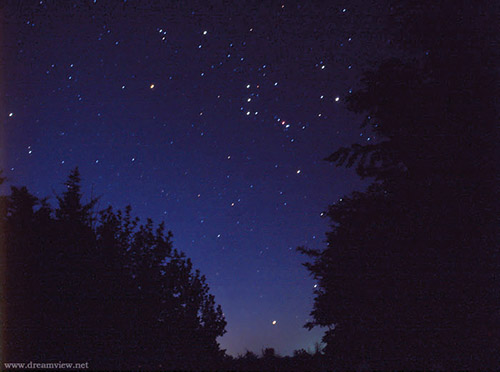
Shavuot is a holiday during which most functioning insomniacs can thrive and most narcoleptics struggle. This is because the holiday involves a custom of staying up all night on the first night to learn. Though neither the Torah nor Talmud expressly requires such late-night learning, this tradition has become a critical component of the holiday experience. It also is a critical reason why synagogue attendance on the second day of Shavuot is relatively sparse, more sparse than the (i) line at a mieskeit kissing booth, (ii) demand at a tsuris dispensary or (iii) population of Farshtunkene Island.
Some scholars contend that the late-night learning on Shavuot, which can feel like cramming for a test, is based on a Midrash pertaining to the giving of the Torah at Mount Sinai. As the story goes, the Hebrews (soon to be Jewish People) were exhausted from the Exodus and wound up fast asleep at the base of the mountain. They must have collectively pressed the snooze button on their mental alarm clocks because, when it came time to receive the Torah, they were deep in sleep. As a result of this oversleeping faux pas, on Shavuot (which commemorates the giving of the Torah) we decry the drowsy and scold the somnolent in order to make it until morning.
Does this mean that on Shavuot, the languid must be lambasted, the groggy must be grilled and the dozy must be denounced? Certainly not. Does it mean that we should fawn over the brawn who last until dawn without a single yawn? Absolutely.
Jewish law has plenty to say about the importance of sleep, some positive and some negative. For example, Proverbs 20:13 states that you should “not love sleep lest you be impoverished; Keep your eyes open and you will have plenty of food.” Keeping your eyes open also is important when operating heavy machinery, performing surgery or partaking in archery.
Pirkei Avot 3:10 states that “morning sleep… and sitting in the assemblies of the ignorant put a man out of the world.” Does this mean that midday sleep and consorting with a half-wit will put you only halfway out of the world?
In Berakhot 57(b)(13)-(14) we are told that there are “five matters in our world which are one-sixteenth of their most extreme manifestations” including fire, which is one-sixteenth of the fire of Gehenna; honey, which is one-sixteenth of manna; Shabbat, which is one-sixteenth of the Olam Haba; sleep, which is one-sixteenth of death; and a dream, which is is one-sixteenth of prophecy. One might conclude from this that if sleep is one-sixteenth of death, then going under general anesthesia is two-sixteenths of death whereas a nap is only one-thirty-second of death.
Sanhedrin 71(b) teaches, in pertinent part, that when the wicked sleep, they are unable to engage in wrongdoing whereas when the righteous sleep, they are unable to perform good deeds. It also is true that when air traffic controllers sleep, they are unable to perform their jobs but when house-sitters sleep, they can still do their jobs with flying colors.
Berakhot 62(b) advises, in pertinent part, that “sleeping at dawn is as effective as forging is to iron [and] a bowel movement at dawn is as beneficial as forging is to iron.” However, a bowel movement while sleeping at dawn is as beneficial as hora dancing is to motion sickness.
Eruvin 64(b) notes, in pertinent part, that sleeping will help a person who has consumed alcohol. Sleeping also will help a person who (i) has stayed up all night learning, (ii) works the graveyard shift or (iii) by profession, is a mattress tester.
Berakhot 23(b)(2) states that one may not sleep with tefillin in his hands, “neither [in] a deep sleep nor even a brief nap.” If one yearns for a sound slumber, then one also should not sleep while holding a gragger or a colicky baby.
The Bava Kamma, at 86(b)(2), provides that “one who humiliates a sleeping person is liable, but a sleeping person who humiliates another is exempt.” Of course, a sleeping person who does something to another sleeping person is not really sleeping, unless that person is sleep-walking. On a related note, even though some people sleep-walk, other forms of activity while sleeping are far less frequent. For example, you will seldom see someone sleep-swimming, sleep-tobogganing or sleep-free soloing.
Final thought: If you’re really worried about staying up late on Shavuot, just relax, calm down and don’t lose any sleep over it.
By Jon Kranz











